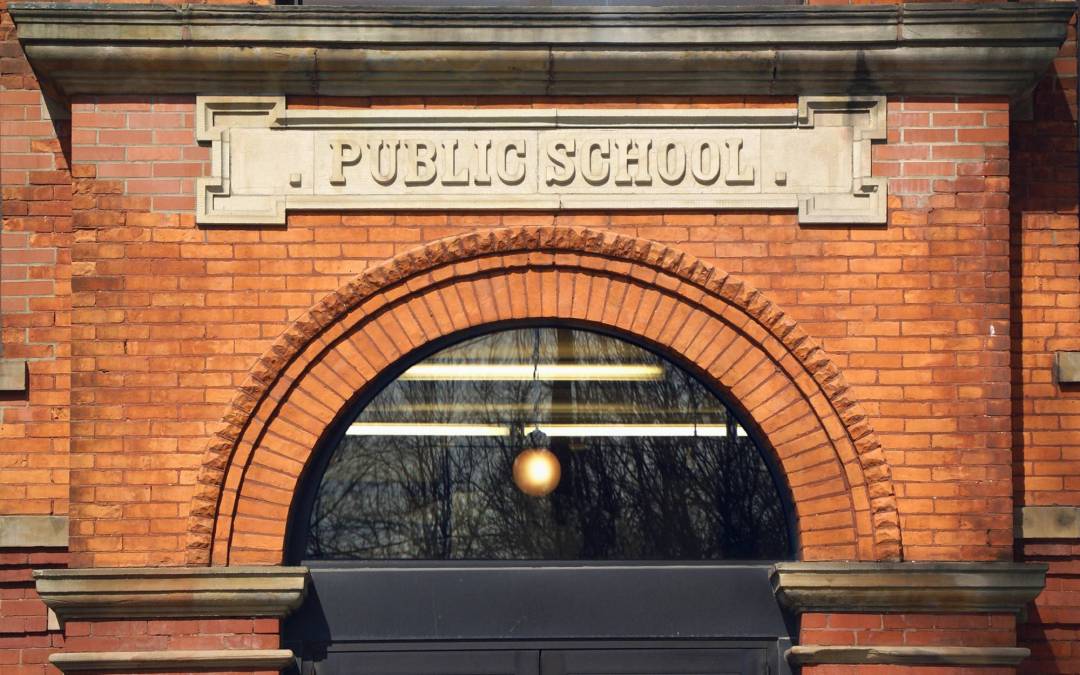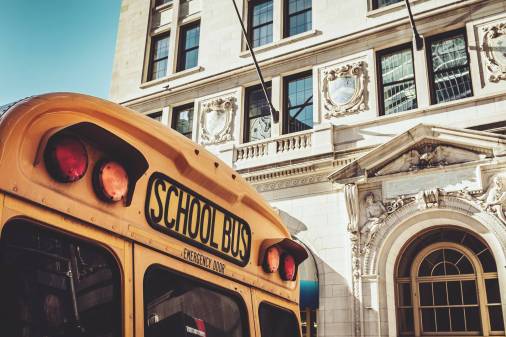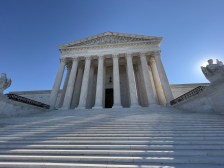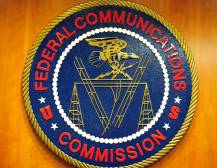School, library groups ask Senate to preserve rule allowing E-Rate funds to be spent on Wi-Fi hotspots

In an open letter, nearly three dozen K-12 education and library groups asked that senators vote against a measure that would reverse a rule change made last year that allows schools and libraries to spend E-Rate funds on wireless hotspots.
The letter, which was shared on Monday from 31 education and library groups, asks senators to vote against a resolution introduced by Sen. Ted Cruz, R-Tex., at the end of January that would roll back the Federal Communications Commission’s decision to allow schools and libraries to spend funds received through the E-Rate program on wireless hotspots. The decision, which was made last July by a 3-2 vote from the FCC along party lines, allowed schools and libraries to apply for subsidies for internet services that extend beyond institutions’ brick and mortar buildings, such as through the loan of Wi-Fi hotspots which can be installed to extend internet connectivity on locations such as school buses.
“Almost 20,000 schools and libraries across the country are currently in the process of applying for several hundred thousand hotspots, which often have multiple users,” the letter read. “This resolution, if passed, would prevent millions of students and library patrons across the country from obtaining internet access.”
Signatories include the Consortium for School Networking; the Chief Officers of State Library Agencies; the Schools, Health & Libraries Broadband, or SHLB, Coalition; and the State Educational Technology Directors Association.
The E-Rate program, which became particularly important during the COVID-19 pandemic following the forced switch to virtual learning environments, distributes up to nearly $4.5 billion in funds each year to more than 106,000 schools and 12,500 libraries, benefitting 54 million students nationwide according to an estimate from the SHLB Coalition. Following the passage of the rule change last July, then-FCC Chair Jessica Rosenworcel said that extending the E-Rate subsidies to hotspot services was necessary to ensure students can continue learning remotely and that internet access is made available in underserved communities.
However, opponents of the rule change challenged its legality. FCC Commissioner Nathan Simington, much like Cruz, called the rule change “unlawful,” noting in a statement that the Telecommunications Act stipulates that E-Rate must be used only to subsidize the costs of internet connectivity inside school classrooms and libraries.
“[A] school bus is neither a school classroom nor a library,” Simington, a Republican, said last year. “This item eviscerates Congress’s restrictions on E-Rate and makes a mockery of the law. If Congress had meant for E-Rate to apply to any educational purpose, broadly defined, it would have said so.”
In the Monday letter, the K-12 education and library groups said that the rule change was supported by the law, and schools and libraries have already extended internet coverage subsidized through E-Rate to locations beyond classrooms.
“The FCC’s decision is authorized by the statutory language in the Communications Act. The statute does not limit support to classrooms. In fact, E-Rate has supported internet access in administrative offices, parking lots, and library bookmobiles for several years, even though they are not ‘classrooms,'” the letter read.
Efforts to roll back the FCC’s extension of the E-Rate program follows concerns about the program’s future. In addition to a legal battle at the Supreme Court concerning allegations that schools and libraries in Wisconsin were overcharged for broadband services provided through the program, a court ruling last summer found the Universal Service Fund, which collects telecommunications fees to fund E-Rate, to be unconstitutional. According to its docket, the Supreme Court is set to review the USF ruling later this month.
“The Digital Divide continues to be a significant problem that hotspots can address. According to Pew, 21% of households still do not subscribe to broadband internet service at home, largely because it is too expensive,” the letter continued. “Now that the Affordable Connectivity Program (ACP) and the Emergency Connectivity Fund (ECF) have both expired, the E-Rate hotspot lending program is an important and fiscally prudent tool to address the ‘Homework Gap’ and bring affordable wireless internet to millions of students and families who need help.”






